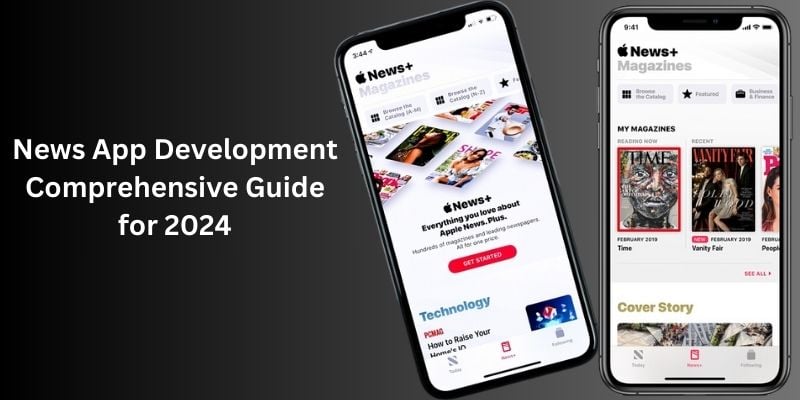Huawei said that the US sanctions are hurting it badly and most importantly the absence of core Android software of Google in its devices which includes Play Store, Search, and Maps. According to reports quoting a senior Huawei executive, the company has failed to find replacements for Google applications, which are very popular on Android devices worldwide. Joy Tan, Vice President of Public Affairs at Huawei US quoted on 20th October 2019 that "There are so many Android users in Europe and south-east Asia. They're so used to these Google applications on top of Android phones". He further added, "We can continue to use the Android platform since it is open-source, but we cannot use the services that help apps run on it." Under the previous US trade ban’s terms, Google was barred from selling its Android license to Huawei, meaning its phones could use basic open source code, but would not have access to all the important Play Store and Google apps. A temporary license has been issued that allows Google to support and update the Android OS running on existing Huawei devices. But, this trade ban has affected the future products of Huawei. The Chinese company is working on its own operating system by the name “HarmonyOS” which is beyond expectations and reality. Even after the trade restrictions, Huawei have managed to generate 610.8 billion yuan ($86 billion) revenue during the first three quarters of 2019 which is an increase of 24.4 percent year-on-year and a net profit margin of 8.7 percent. The head of Huawei's consumer business- Richard Yu during an interview in September 2019 said that the company will start using its HarmonyOS if the US government does not change the situation. There is no access of Google Play services in the newly-launched Huawei Mate 30 and Mate 30 Pro. In the run-up to the next round of trade negotiations between Washington and Beijing, the administration of US President Donald Trump has decided to grant licenses to some American companies that allow them to sell unknown equipment to Huawei.










